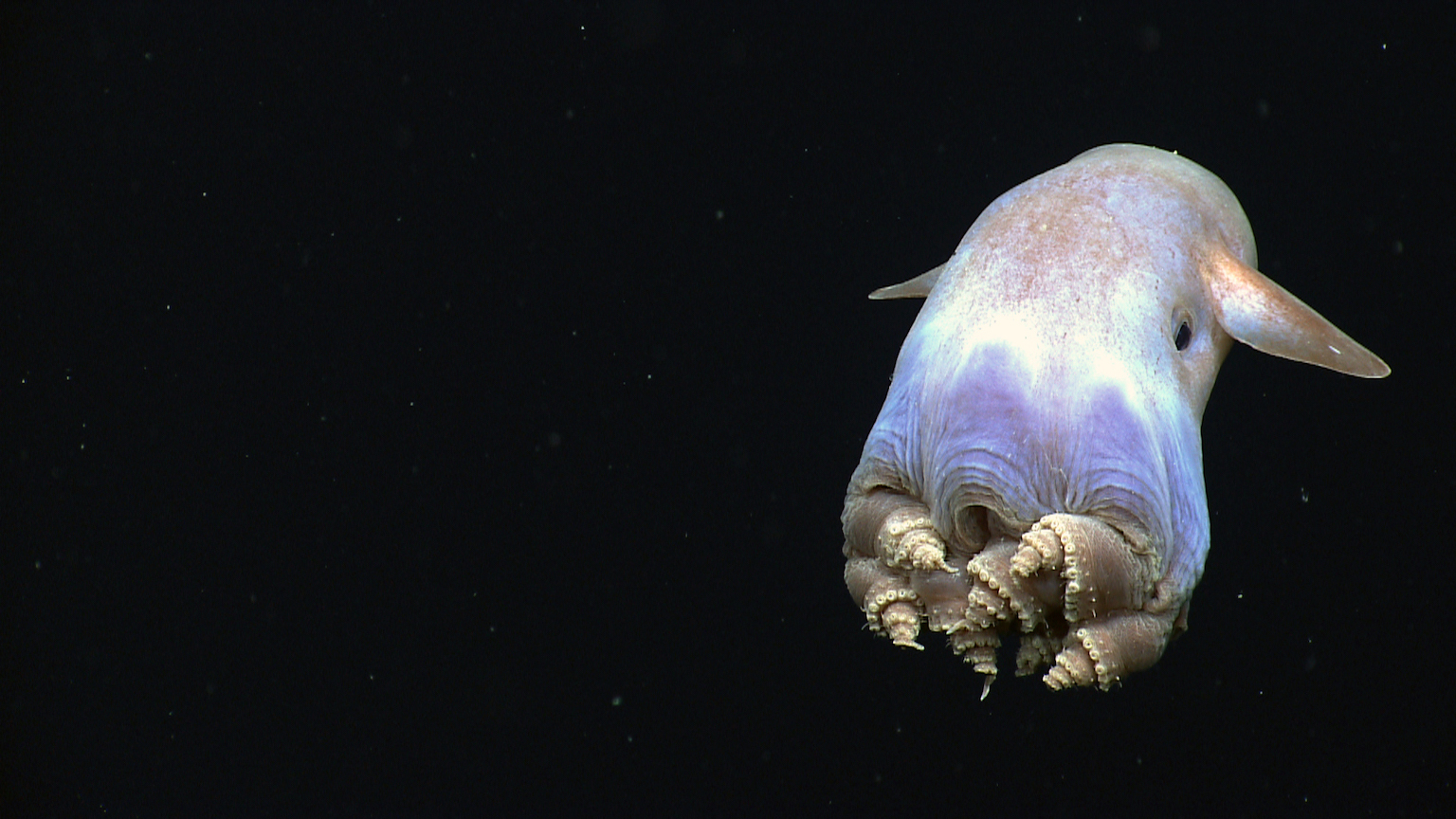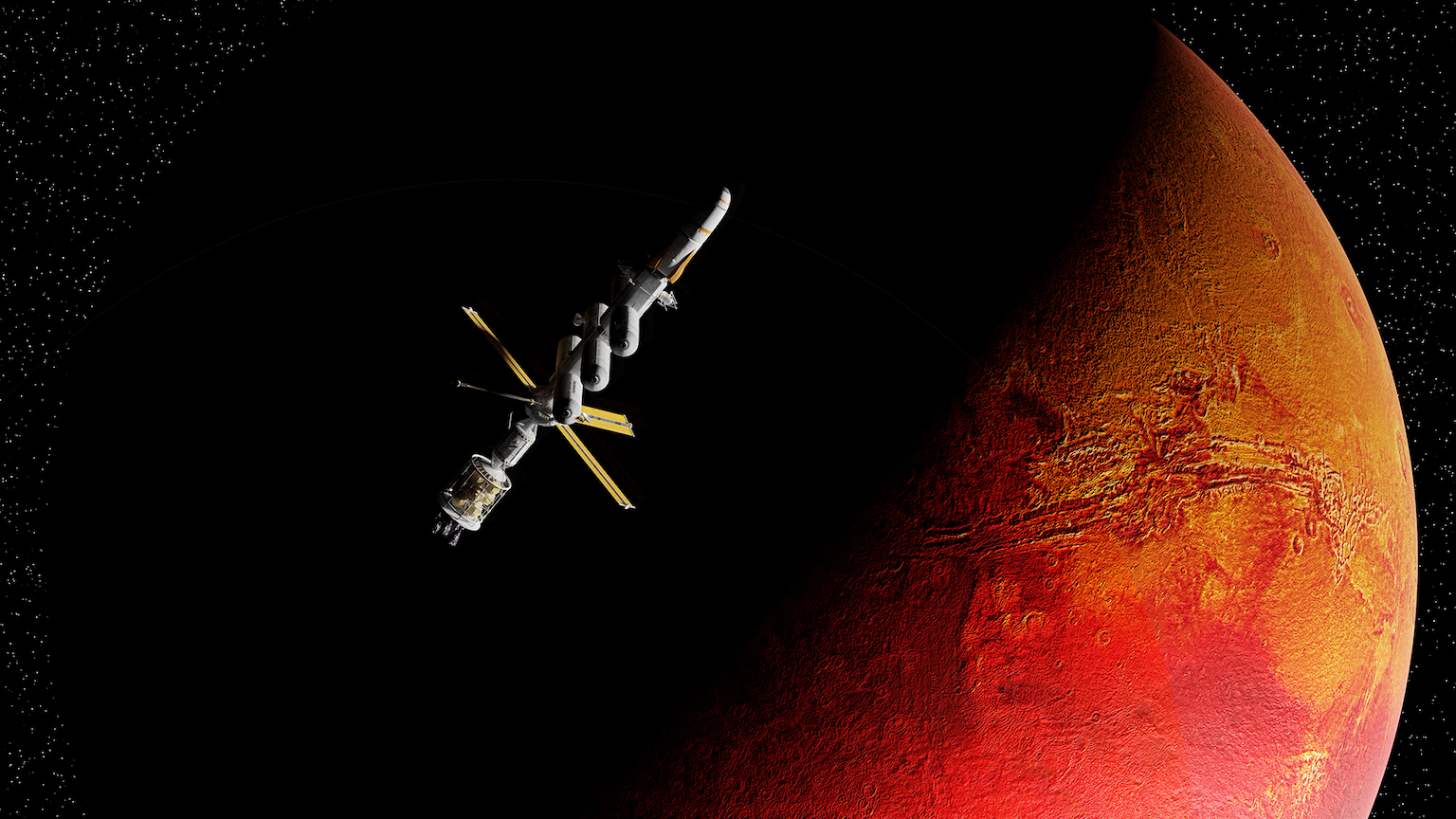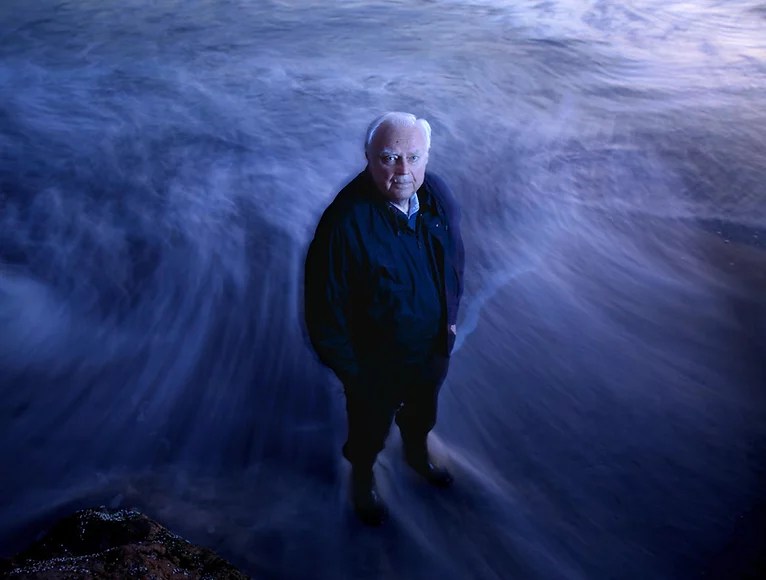If an advanced alien civilization exists, what can they teach us about survival?

- How would it change us to make contact with an intelligent species from elsewhere in the Universe?
- For one, it would refocus the human tribe, bringing an accelerated and much needed sense of unity to our species.
- If intelligent aliens survived for millions of years, what are their secrets? By imagining that they do exist, we can plot our own path for survival.
Let’s face it. Humanity is in trouble. After the explosive success of fast-paced industrialization and growth over the past 150 years, we find ourselves edging toward the precipice of global chaos. I know, this kind of rhetoric is tiresome and annoying. But how else are we to characterize the level of polarization, hatred, and distancing we find in today’s society? And that is to say nothing of climate change. How can we find a way out of our troubles, and quickly?
As we ponder that question, a group of scientists and humanists at the University of Saint Andrews in Scotland got together to create the SETI Post-Detection Hub, a project that combines exoplanet science with global law and governance. Their goal is to chart humanity’s response to the unlikely but deeply transformative discovery of alien intelligence in our galaxy. How would we respond to the discovery of another intelligent species?
Well, for one, with relief. And this is the aspect that I would like to explore today.
Refocusing the human tribe
Any alien civilization we come across will probably be far more advanced than we are, both technologically and morally. To carry on a sustainable project of civilization is no easy task, as we have obviously found out. But if they made it, there is hope for us too. In fact, maybe they could teach us how to do it. That is indeed the hope of many who idealize aliens in the same way people idealized angels and heavenly emissaries in the Middle Ages — as all-knowing, god-like creatures.
The existence of other intelligent species would surely refocus the human tribe. We have a propensity to isolate ourselves in groups. Indeed, tribalism has been our savior for millennia, but it has become our curse today. We keep the other out with a sense of righteousness that is mostly destructive and, yes, alienating. Finding another intelligent species would mean meeting other creatures forced to think about their existence and survival. If they have been around for long, they have found a sustainable answer to the question. Sustaining their civilization must be an energy-intensive endeavor — they must create refuse, like us — but they apparently figured things out in time to avoid their demise. What is their secret?
Let’s do some quick numbers for context. Any aliens with life forms similar to ours — carbon-based and water-dependent — will live in a planet or a moon circling a star. Their survival will depend crucially on the energy output from that star, and on how that radiation interacts with their planetary or lunar atmosphere. In our case, Earth absorbs about 71% of the incoming solar energy. We get roughly 140 watts of energy per square inch on the ground. (Imagine covering the Earth’s surface with 140-watt light bulbs and illuminating all of them over Christmas. Sure, that would not be a very smart use of resources, but it would be beautiful, especially if seen from space.)
In any case, for a planet to harbor life for a long time, its orbit cannot be erratic. Its atmospheric composition cannot change very quickly, its climate must stay fairly stable, and it needs to receive and generate large amounts of energy. Any aliens out there will need to live on planets with properties similar to these.
The aliens show us the work yet to be done
Our species has been here for about 200,000 years, a mere fraction of the Earth’s age of 4.5 billion years. From a cosmic perspective, we are a smart, newborn species facing many challenges to our long-term survival. This is where encountering aliens can be useful. Their experience will be full of lessons for our future. Before ever meeting us, they must have taken a number of steps.
First, they realized that a predatory relation to their planet and its many other lifeforms would lead to their own demise. Their planet, even if large and plentiful, has limited resources. They had to learn that rampant, mindless exploitation would quickly transform it into a barren land unable to sustain them.
One of their first lessons, then, was to maximize and optimize the energy output of their parent star, just as we are beginning to do here with a combination of solar and wind energy. If their star was not powerful enough for their needs, they learned how to use mirrors and other focusing technologies to increase the amount of radiation reaching their planet’s surface.
The aliens eventually grew to understand the interconnectedness of all things living. They were at the apex of a complex food chain, and uncontrolled predation of resources and lifeforms would lead to their own demise. In order to ensure their own species’ longevity, they learned to redefine their relationship with other living creatures.
The aliens also learned that to ensure their long-term survival, they had to eradicate social inequality. They quickly found that income disparity and cultural exploitation create social unrest and poverty — leading causes of planetary predation. To make sure they survived as a whole, they embraced all of their population as one, sharing resources in an equitable way. They did not eradicate competition, which they saw as key to innovation and happiness, but they made sure that everyone had similar opportunities to succeed.
Their planetary project of resource protection and social justice produced a major shift in moral values, erasing the last brutal vestiges of evolutionary disparities. A new era dawned, based on a moral understanding of the aliens’ relation to their planet and to each other. This new era celebrated differences while identifying the fundamental unity that connects them, all belonging to the same species, all living on the same planet, and all sharing the same natural resources. These aliens have survived for millions of years, creating new ways to enjoy life and understand one another. As we imagine their success at survival and contrast it with our current predicament, we realize that we have a lot of work to do.





